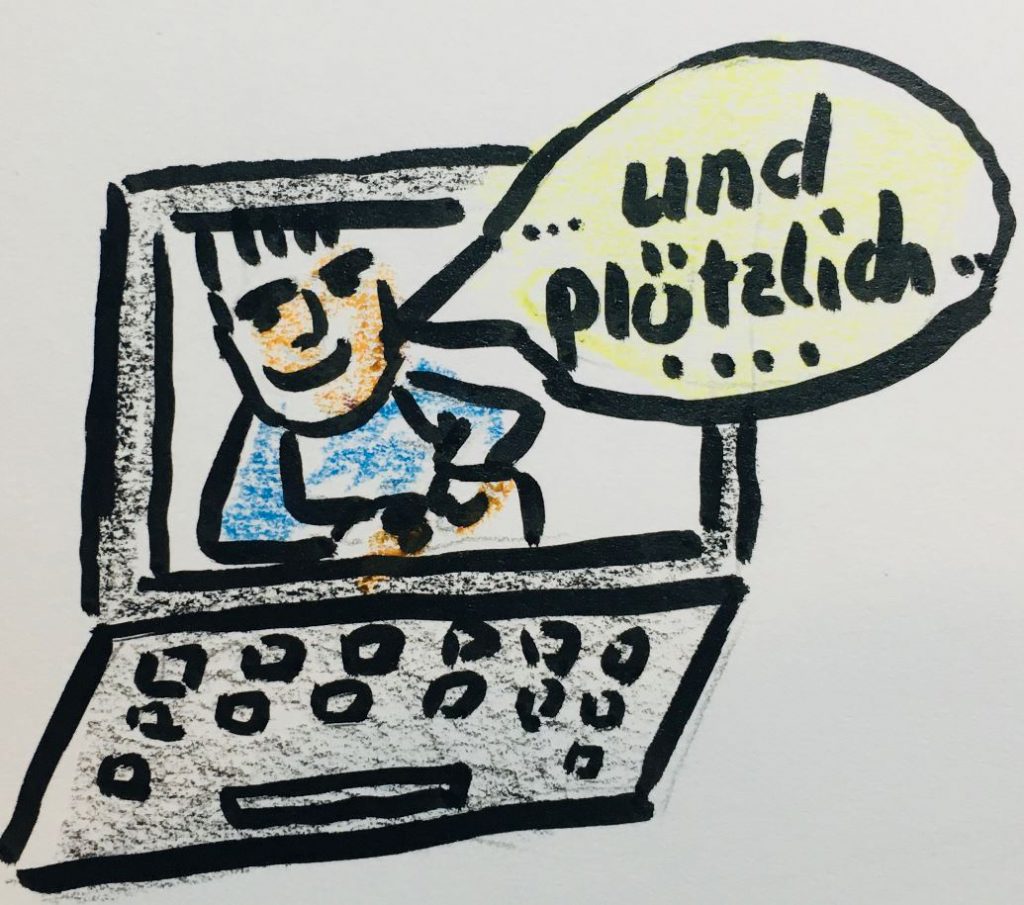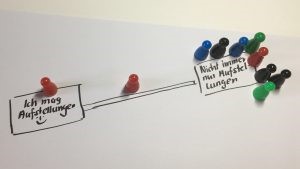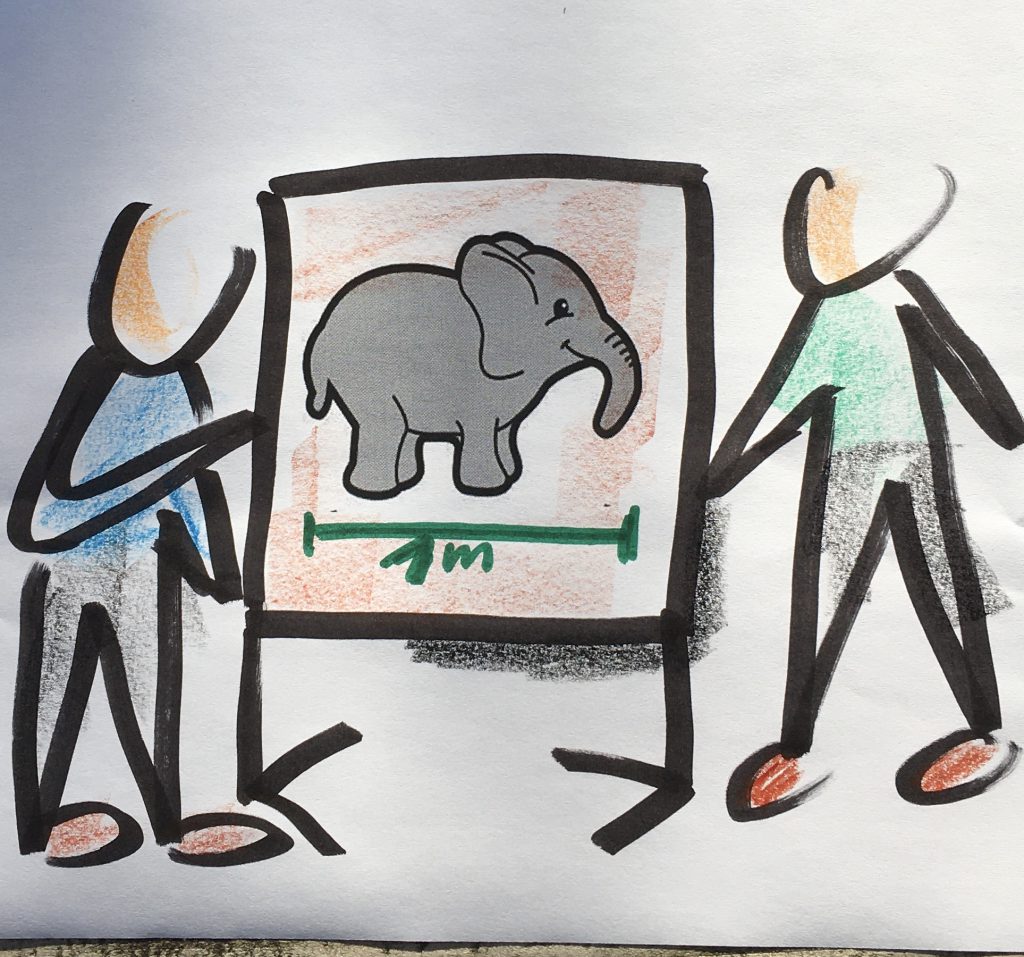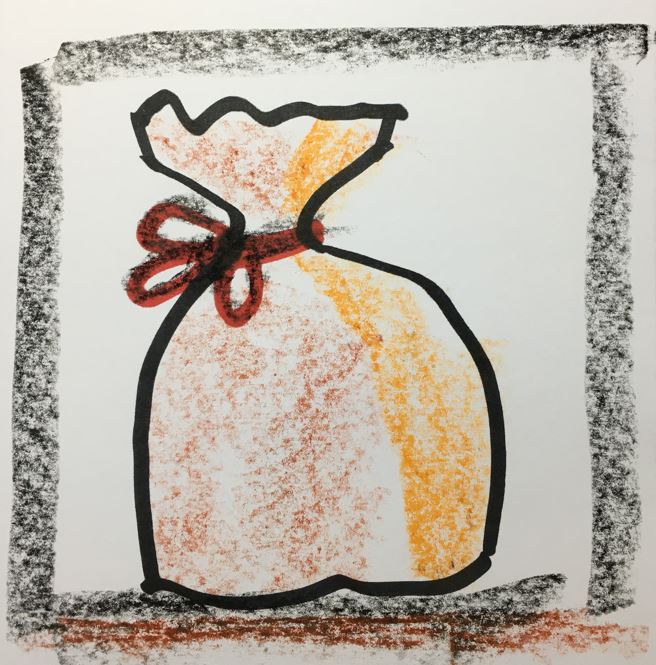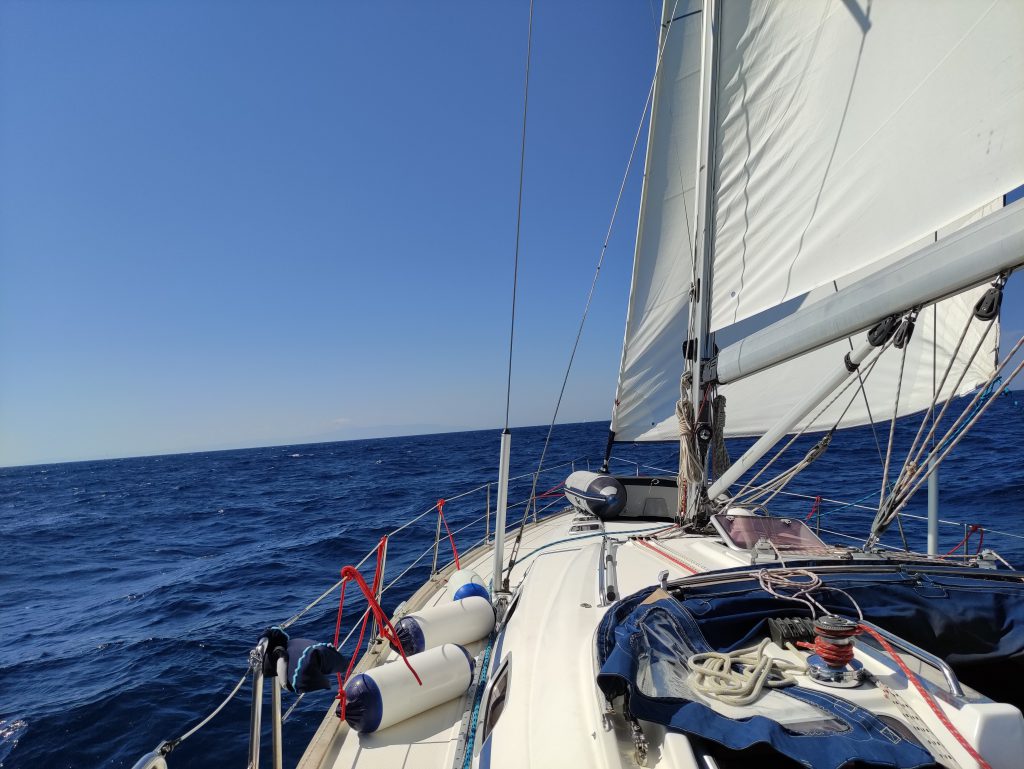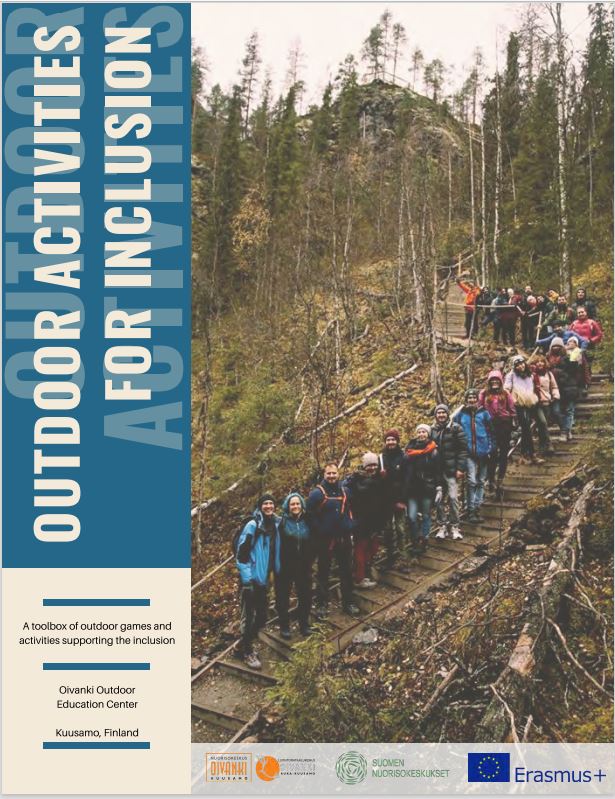
As a trainer, how can I create a safe framework for collaborative learning?
Haven’t we done that already? Why another #dimi on this topic? The answer is that creating a collaborative learning environment is one of the most central questions in the design of learning processes and therefore deserves a lot of attention.
This blog post addresses the question of what makes a group work well and what it takes for me as a trainer to make this happen.
Using the SCARF model, I will explain why group work and other forms of collaborative learning can unconsciously generate a lot of stress and what we as trainers can do to turn stress into a positive learning zone.
In order to follow well on from the #dimi_17, I will summarise the most important statements once again:
Weiterlesen

